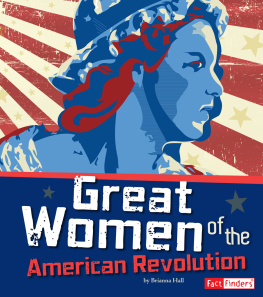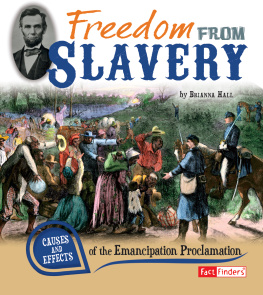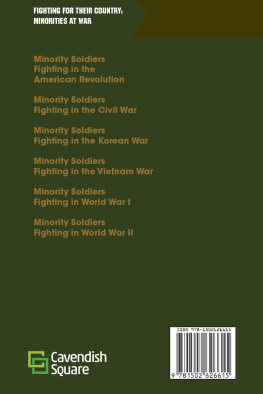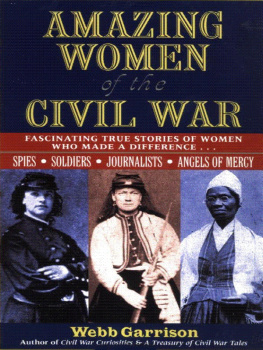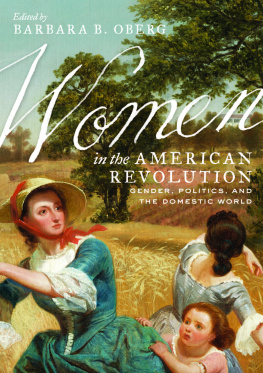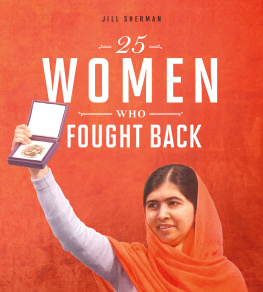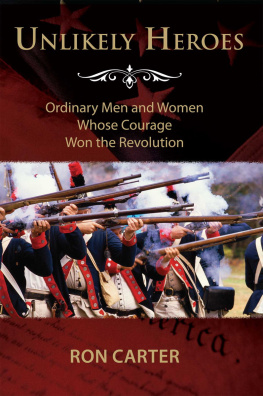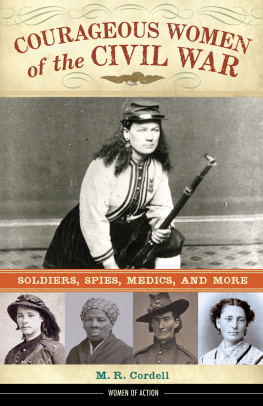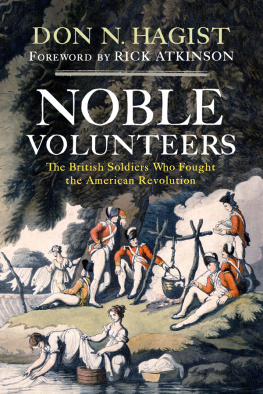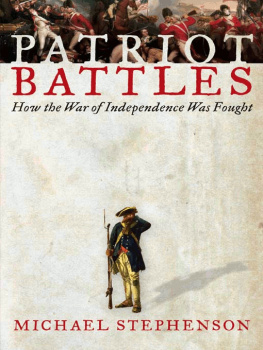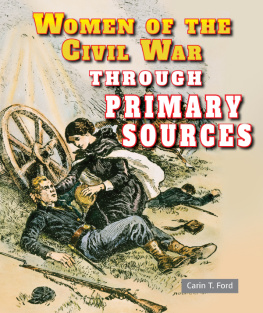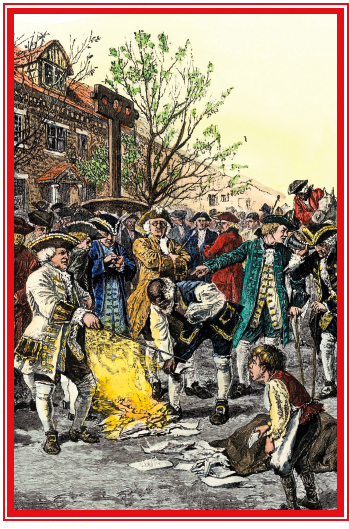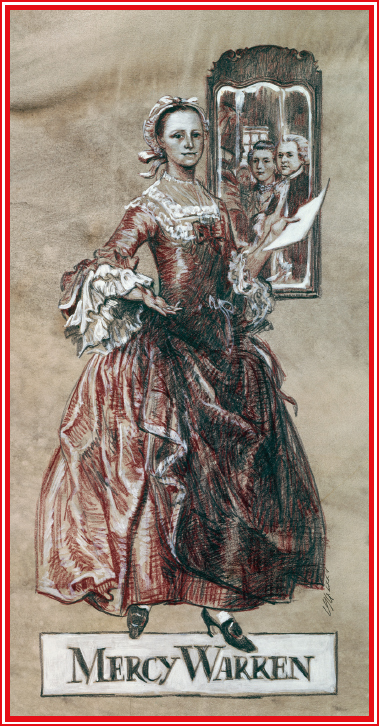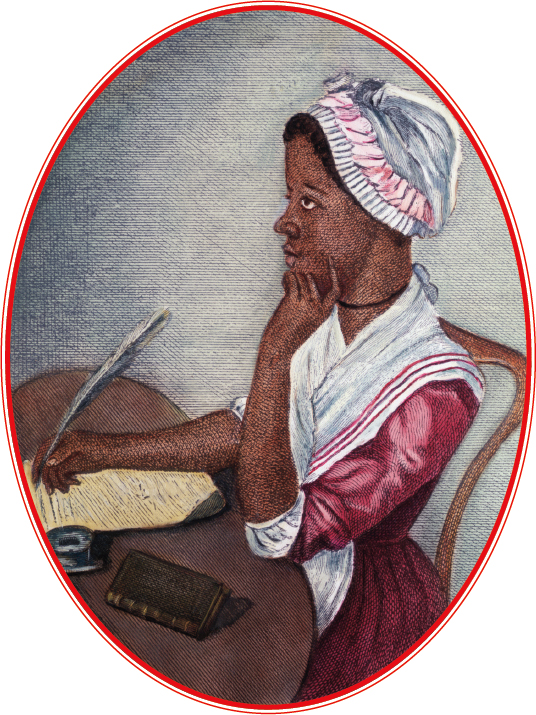Read More
Anderson, Laurie Halse. Independent Dames: What You Never Knew about the Women andGirls of the American Revolution. New York: Simon & Schuster Books for YoungReaders, 2008.
Gregory, Josh. The Revolutionary War. Cornerstones of Freedom. New York: ChildrensPress, 2012.
Raum, Elizabeth. The Dreadful, Smelly Colonies: The Disgusting Details about Lifein Colonial America. Disgusting History. Mankato, Minn: Capstone Press, 2010.
Internet Sites
FactHound offers a safe, fun way to find Internet sites related to this book. Allof the sites on FactHound have been researched by our staff.
Heres all you do:
Visit www.facthound.com
Type in this code: 9781429684514

CHAPTER 1
Everyday Heroines
Life was difficult in Great Britains American colonies. Women, men, and childrenworked hard every day just to get by. Women worked sun up to sun down caring forgardens, animals, homes, and their families.
These women didnt look like rebels in their long dresses and frilly bonnets. Evenon farms women wore fancy underskirts called petticoats. But when the British started passing unfair laws, colonial women had an important choice to make. Wouldthey support King George III of Great Britain? Or would they join the fight for anew, independent nation?
Colonial women spun wool, sewed, cooked, cleaned, and looked after children. Theyalso made household basics such as soap and candles.
parliament : a group of people who make laws and run the government in some countries
Whos Who in the Revolutionary War?
| Rebels | British |
| Major Groups | Patriots
Colonists who disagreed with British rule and supported American independence | Loyalists
Colonists who supported Great Britains king |
Leadership
| George Washington
Leader of the Continental army | King George III
Ruling king of Great Britain |
Armies
| Continental Army
Soldier group formed to resist British occupation; later Frenchforces fought with the Continental army | British Army
Considerd the most powerful army in the world at the time |
Additional Forces
| Minutemen
Men who formed military forces to defend homes and towns at a minutesnotice | Mercenaries
Soldiers from other countries hired to serve with the British army |
Women took risks to deliver secret messages and supplies.
Colonial women took action. Thousands took charge of farms and businesses when theirhusbands went to war. They supplied armies with bullets, food, clothing, and blankets.Women crossed enemy lines with secret messages. They held enemy soldiers prisonerin their homes. Thousands of women saw battle. These may have appeared delicate,but they had strength inside and out. They knew that whichever side they chose, theirhelp was needed.
heroine : a girl or woman who shows strength and courage by doing a good thing
CHAPTER 2
Writing for the Revolution
Great Britain racked up huge debts in winning the French-Indian war (17541763).In part the war was meant to defend the colonies. Britains King George III decidedthat the colonies should help pay the costs. Colonists were forced to pay high taxesfor items such as tea, cloth, and stamps. Colonists began to grumble. They thoughtthe taxes were unfair because the British government created them without any sayfrom the colonies. In addition, Great Britain did not use the tax money to help thecolonies. Hundreds of men and women British goods, but Britain didnt changethe taxes. The colonists grumbling grew louder and angrier.
Colonists protested new tax laws. They didnt think it was fair to be taxed withoutrepresentation.
boycott : to refuse to take part in something as a way of making a protest
Mercy Warren
A witty woman from Boston did more than grumble. In 1768 British troops swarmed intoBoston to keep order in the city. Mercy Warren objected. She wanted the British soldiersto leave Boston. Warren wrote about her anger and shared her opinions.
In 1772 the Massachusetts Spy newspaper published Warrens first play, The Adulateur.The play was meant to be read for its humor but not acted on stage. The play wasthe talk of the town. It made people laugh, but it also made them think about theissues of the day. Warren showed British officials as foolish and violent, whilethe Patriots were intelligent and bold. Warren kept writing throughout the war, andher plays became wildly popular. Warrens funny plays kept troops in good spiritsand kept townspeople informed.
| FAST FACTS | In 1805 Warren published the first historical account of the Revolutionary War writtenby a woman. |
Phyllis Wheatley
Another woman fueled the revolution with poetry. Phyllis Wheatley was a slave, buther owners family taught her to read and write. They recognized she was a giftedwriter from a very young age. When she was 14 years old, Wheatley became the firstAfrican-American poet and the first black woman in America to ublish her writin
Wheatley wrote poems about freedom even before the war began. She believed that allpeople deserved freedom. When the war began, she supported the Patriot cause. Oneof her poems called British an iron chain. Another poem praised the braveryof General George Washington. For Wheatley the idea of a new America promised equalityfor all people, including slaves.
Phyllis Wheatley
tyranny : cruel or unreasonable use of power or control
Abigail Adams
As a child, Abigail Adams loved to read and write. This clever girl grew up to bean intelligent woman with independent ideas. Adams wanted to end slavery. She alsobelieved that women deserved the same education as men.
As a member of the , John Adams helped create the Declarationof Independence. Abigail Adams wrote letters to her husband almost daily, urginghim to refuse further British rule. She focused on the equality of all people, especiallywomen. Adams believed every person had the right to speak his or her mind.

